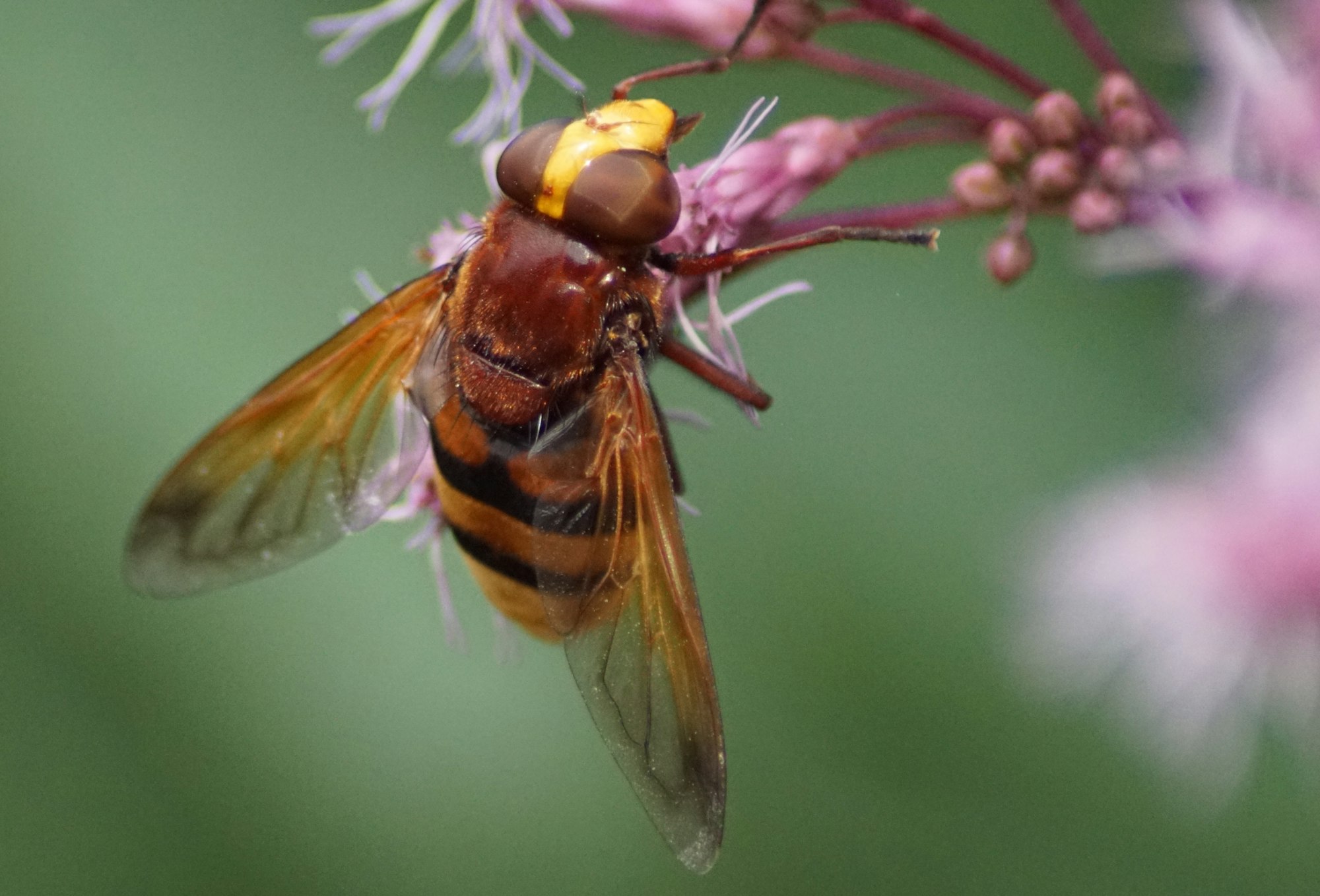It was in mid-March that I last held a pipette in my hands. I miss hearing it squeak as I turn the knob and the satisfactory click as I lodge the pipette tip against its sharp bottom. I imagine myself a musician and the pipette the instrument I long to return to. And yet, being away from my pipette and my lab has led me to reconsider how I practice my science.
I am about to start the fifth year of my PhD this Fall. In grad student terms, that would normally mean an imminent graduation, moving on to greener pastures and a brighter life ahead. In my case, that is not true. Roadblocks that began long before a global pandemic have thrown me off-track and caused me to rethink how I approach my science.
When I go back to lab, I want to love doing science like I did before.
I come from India and was raised in a traditional family that believes in the cultural principles of leading simple, righteous lives. We believe in signs, omens, karma and that there's always a reason why things happen. Despite that upbringing, I surprisingly had little faith in luck. Grad school has changed that. What years of exposure to a society with a fervent reliance on the alignment of the stars couldn’t do, grad school has made me question, perhaps even reconsider. I don’t mean to reject the validity of the scientific method, I just think that luck deserves far more credit for scientific success than we usually give it.
Perhaps to an outsider, my newfound doubt in how we do science is merely an inevitable consequence of a failed experiment. To me, however, the struggle has been very real and without end. There have been days of planning, self-doubt, followed by well thought out plans, sometimes resulting in bursts of halfway decent results, only to be followed by greater disappointments. However, despite the ups and downs of PhD research, I have enjoyed every minute of it. I enjoy orchestrating a project to completion, the sound of shaking incubators, the sweet glow of positive results and the moist, damp smell of freshly grown E. coli in Petri dishes. With the advent of the COVID-19 pandemic, I have stayed away from lab, trapped within the confines of my anxious mind. While other grad students I know are using this time to write up their publishable results, I am at home analysing my data, only to realize how much more I have left to do; moping about my past while fretting about my future. It certainly feels like everyone is making more progress than I am, and I am forced to accept that luck, albeit in varying amounts, is necessary for fruitful research.
Self-quarantine has made me understand and accept parts of my life that I’ve had conflict with. It wasn't just luck that failed me but rather, my approach towards satisfaction. Being forced to stay away from the lab has reminded me how much I love doing research but also how much I miss writing, traveling and spending quality time with the people I love. In my race towards a PhD, I had forgotten how to do other things that made me happy and most importantly, how I haven’t let anything other than research make me happy. Research had become a competition, something I did to prove myself, something that had become more of a chore than a passion.
In a world where science’s necessity is going to be taken ever more seriously, I promise to practice science with love.
When I go back to lab, I want to love doing science like I did before. As an undergrad, in a chemical ecology lab, I studied how hoverflies perceived objects. I would go to the field and study hoverflies, come back to lab and image their tiny brains. That gave me a joy like nothing else. It showed me that every living being had a purpose. I wonder if that had to do with youth, or being surrounded by people who were my friends more than lab-mates, or just the freedom of being an undergrad and lacking the pressure to publish that I have now.
As much as my love for science has grown during my PhD, it has been laced with doubt, hesitancy and most of all, a greed to prove myself in the form of a published paper. Unintentionally, I have been pursuing research with a conceited eagerness for recognition, rather than a humble, comforting way of understanding the mysteries of life and living.
Living through a global crisis and witnessing the true colours of human intentions, I now perceive science in a subdued but glorious light. This pandemic has helped me introspect on the value of science. Science can heal human lives and quench human curiosity. It provides answers in a world full of questions and throughout this pandemic, it is science that has been giving us direction and hope. Above all, science equalizes all of us in terms of how little we know and how much there is to learn. In a world where science’s necessity is going to be taken ever more seriously, I promise to practice science with love.
About the Author:
Shravanti Suresh is a PhD student at Iowa State University studying the cellular aspects of CRISPR-Cas systems. She is interested in science communication and developing access to science in India, her home country.







